
One Stamp Every 40 months
An interview with Heather Nelson, founder of Poll the Vote, on building a civic tech platform that connects voters, candidates, and elected officials beyond election day. The conversation explores campaign spending, constituent communication gaps, data privacy, and how local innovation in Nebraska is reshaping voter engagement and legislative feedback.
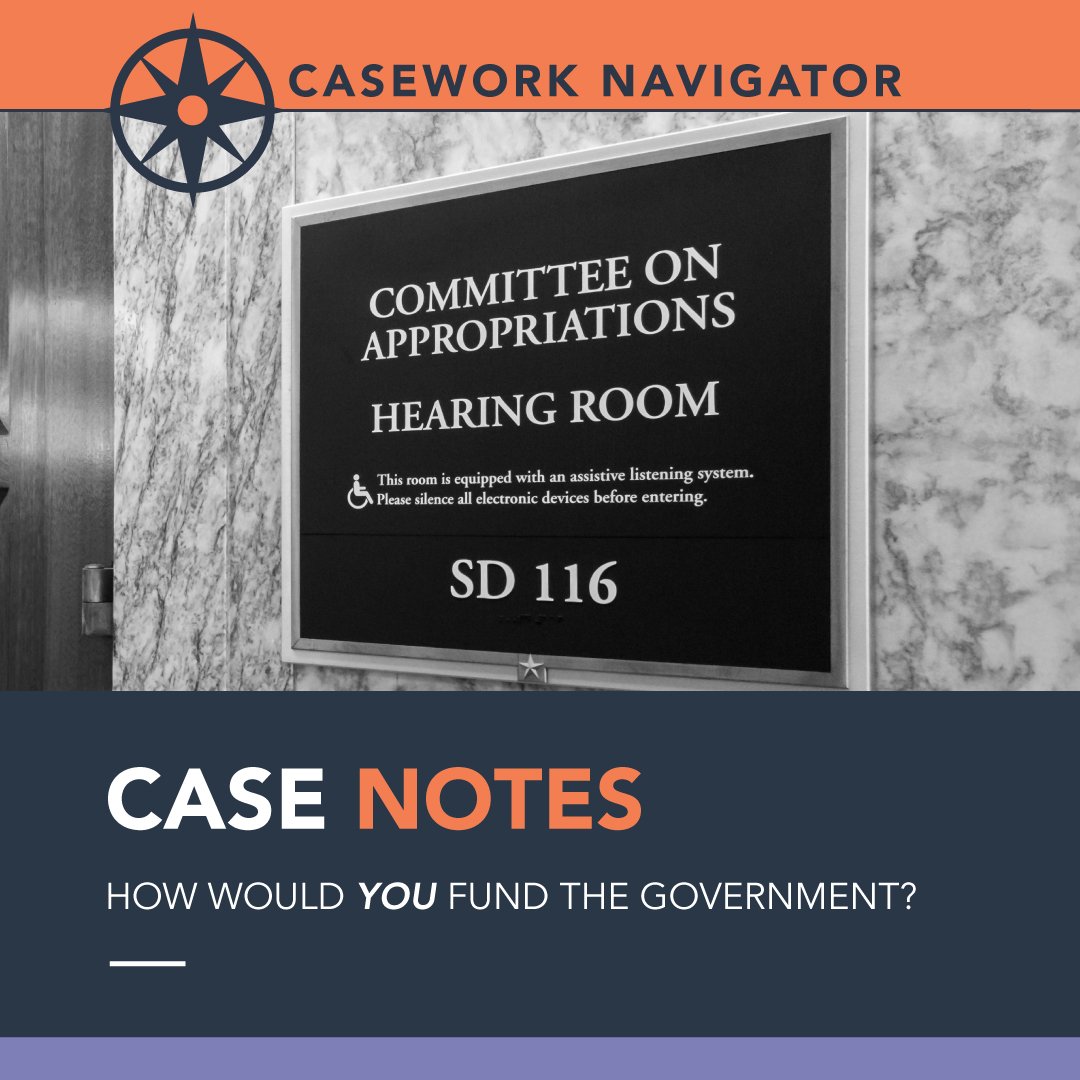
How would YOU fund the government?
From DHS funding lapses and immigration appeals changes to new VA disability rules and IRS filing season challenges, we unpack what appropriations season means for Congressional caseworkers.

The Best-kept Secret Federal Feedback Loop Model
The Taxpayer Advocate Service offers a rare, effective federal feedback loop that links taxpayer service requests to real improvements in IRS operations, Congressional oversight, and legislative reform. By turning individual cases into actionable data, TAS strengthens state capacity, accountability, and public trust — providing a proven model for modern constituent engagement and democratic governance.

Caseworkers Always Know the Good Stuff First
Frontline casework trends are tied to oversight, policy, and real-world impact. Practical insights, early warning signs, and real examples help turn constituent experiences into smarter oversight and better service.

Hang In There, Immigration Caseworkers
Practical guidance (and solidarity!) for immigration caseworkers navigating an especially demanding moment, alongside critical updates on SSA, IRS, FEMA, and other high-volume casework agencies. Plus, two upcoming trainings!

David vs. Goliath, But They're the Same Person
Campaigns spend billions reaching voters, while Congress has far fewer resources to engage constituents in its governing role. The widening gap between campaign outreach and official representation helps explain public distrust, uneven access to services, and why political contact so often feels transactional rather than civic.
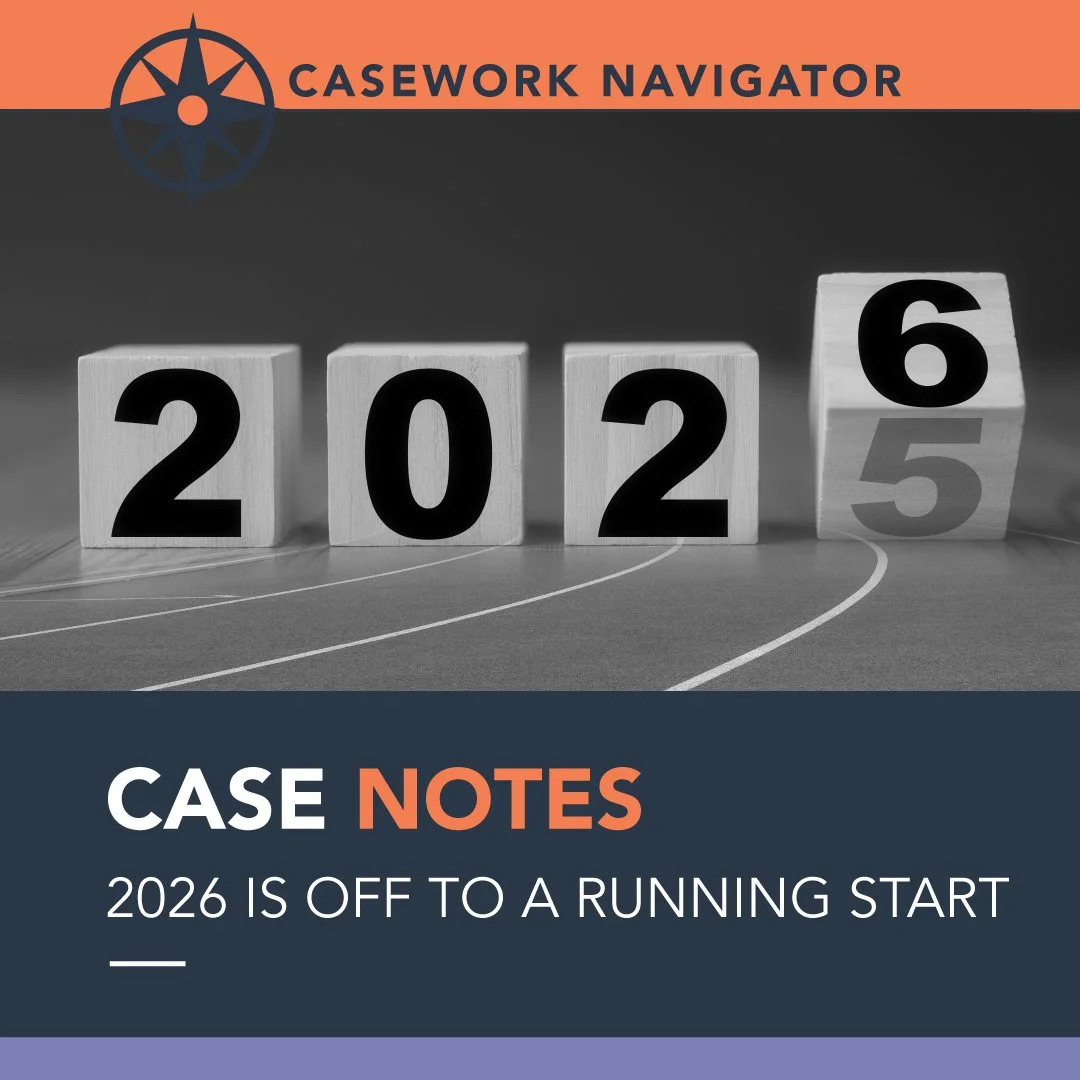
2026 is Off to a Running Start
Casework Navigator opens 2026 with key agency and policy updates shaping constituent casework. This issue highlights immigration and TPS changes, child care and benefits funding developments, federal workforce updates, notable casework results, and early signals on how AI is affecting casework operations.
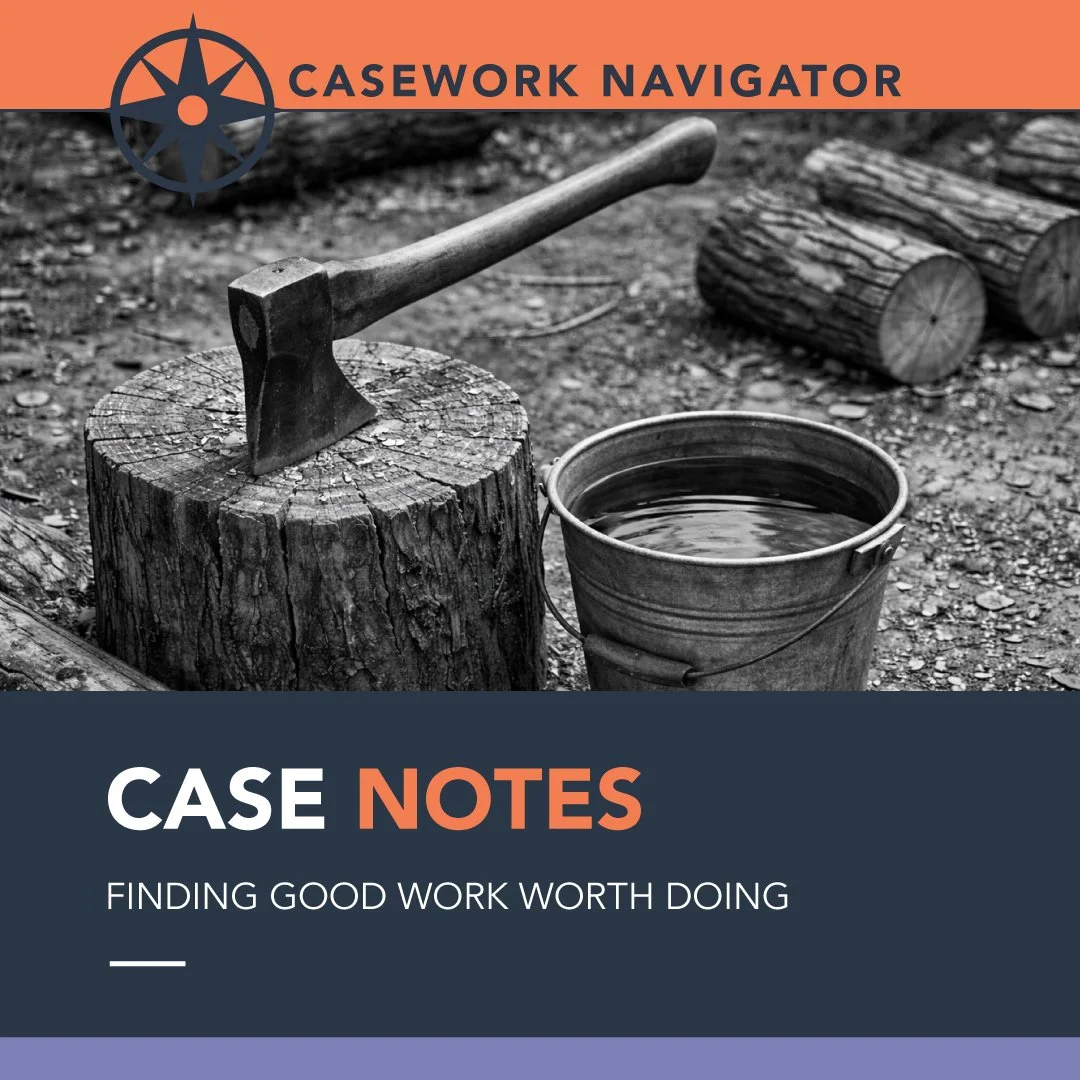
Finding Good Work Worth Doing
This year-end edition of Casework Navigator reflects on the everyday reality of Congressional casework while sharing the latest casework news and federal agency developments.
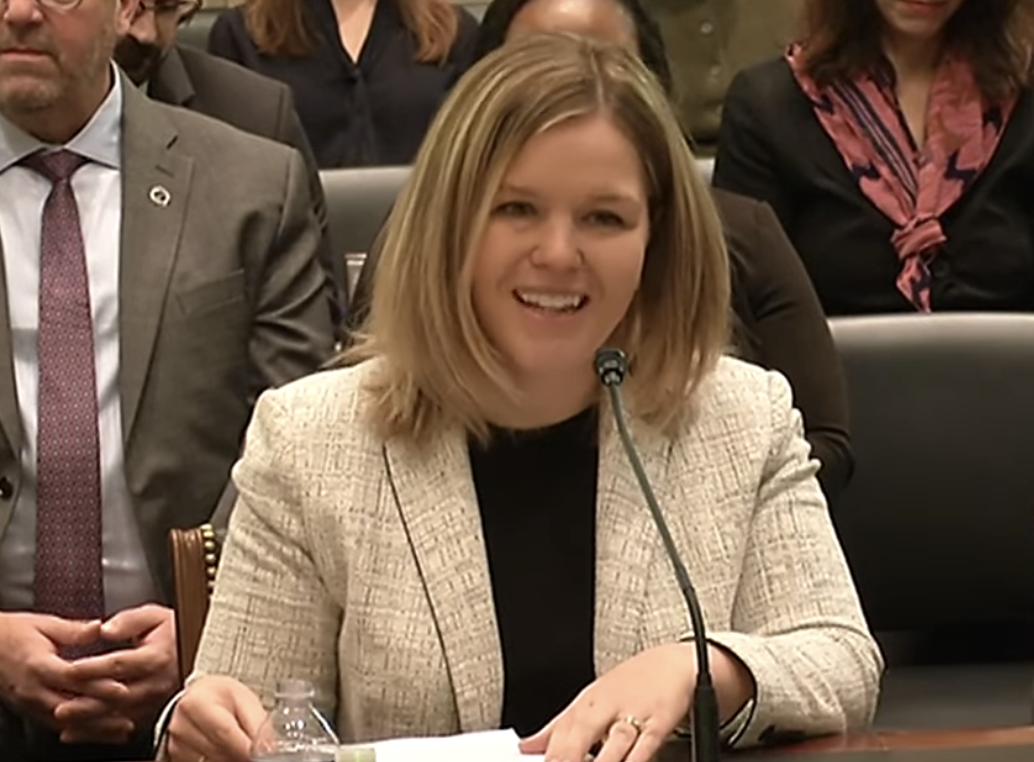
Public Witness Testimony on Modernizing Constituent Engagement Through Emerging Technology
On December 17, 2025, POPVOX Foundation Director of Global Initiatives Aubrey Wilson submitted testimony to the Committee on House Administration’s Subcommittee on Modernization and Innovation on how emerging technologies — particularly AI — are reshaping constituent engagement in legislatures around the world and what lessons the US House can draw from these efforts.

Why Teletownhalls Aren’t a Cop Out
A deep dive into how teletownhalls, modern outreach tactics, and the limits of Congressional tech shape how Members connect with the people they serve — featuring an inside-the-weeds conversation with Ashley Julyan of the AEJ Group on what actually drives constituent engagement at scale.
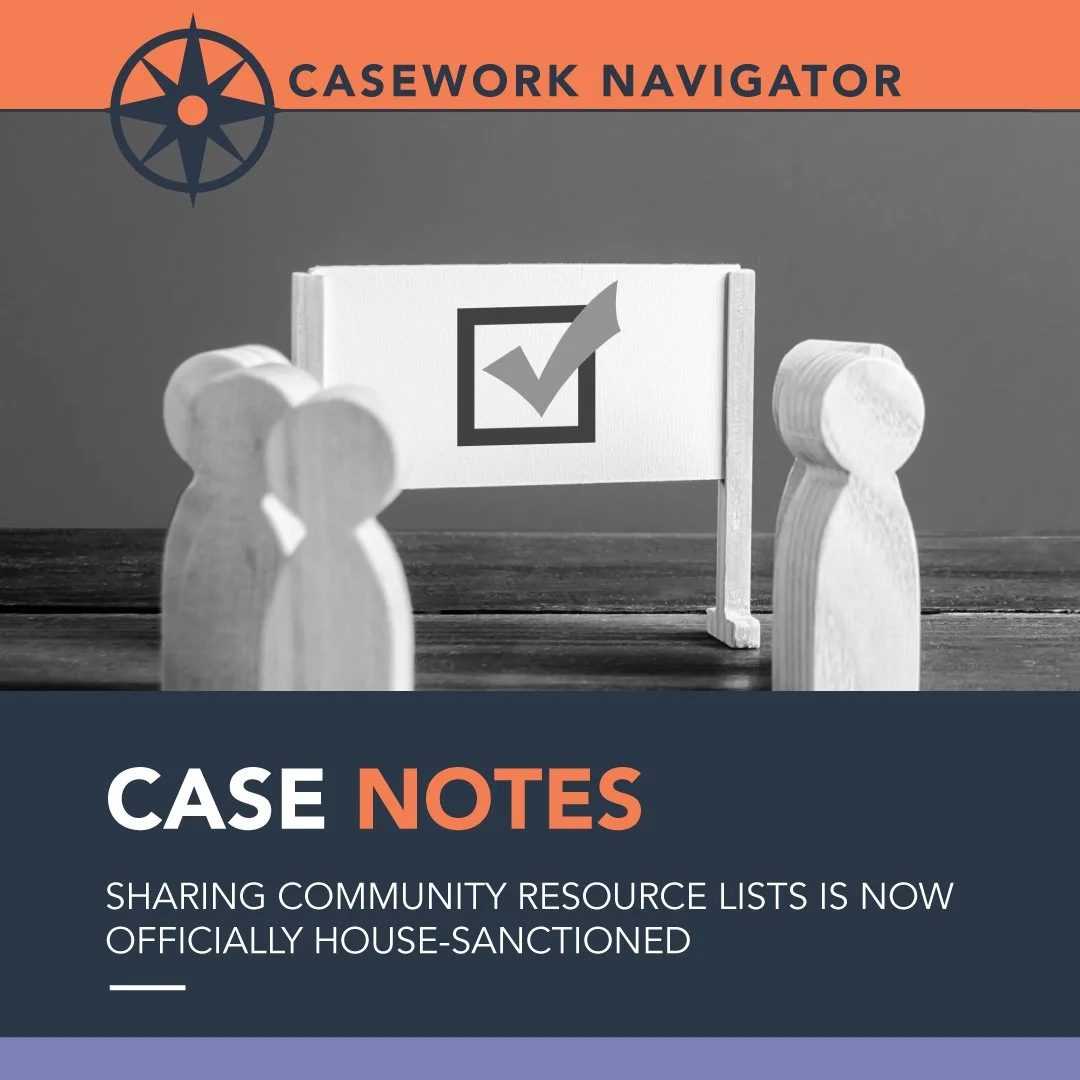
Sharing Community Resource Lists is Now Officially House-sanctioned
An update for Congressional caseworkers on the House’s new approval for sharing Community Resource Lists — along with a look at the latest agency developments, immigration changes, federal workforce updates, and other news shaping the casework landscape.

The People Will Stand and Deliver
This conversation with Ohio State’s Michael Neblo and Amy Lee explores why town halls remain a powerful — and surprisingly durable — tool for constituent engagement, even amid rising polarization and safety concerns.

Everyone is Under Pressure
As the government shutdown continues, the latest Casework Navigator highlights how Congressional caseworkers are managing mounting pressures, supporting constituents, and adapting to furloughs and staffing shortages.

This year is strength training, not a marathon
Offices that treat major casework crises as learning opportunities consistently emerge stronger. This week’s Casework Navigator explores how adapting under pressure builds resilience—and what caseworkers can learn from today’s wave of constituent challenges.

Shutdown but not out
Key shutdown impacts on agency services, resources for federal employees and contractors, new developments in casework data and oversight, and more!

Shutdown Planning, Security Information, and H-1B Fun
Shutdown planning, safety tips for staff, H-1B updates, and more in this week’s Casework Navigator newsletter. Plus, our rescheduled Consumer Protection webinar with Erie Meyer this Thursday!

What we did over our summer vacation
We’re back! ICYMI: A recap of AI “summer camp” for Congressional staff, the launch of Departure Dialogues for departing federal employees, and new writing on why casework insights struggle to reach decision-makers. Plus: the House Digital Service’s release of a unified casework taxonomy, a major step toward better tools and national dashboards for constituent services.

How Legislative Office Structure Creates Bad Politics
Drawing on Jennifer Pahlka’s insights, the post explores how Congressional office structures sideline constituent-facing staff, why that weakens policymaking, and how rethinking culture, training, and tools can elevate constituent input.

Meaningful Knowledge: Constituent Engagement as Qualitative Research
In this conversation with Chelsea Mauldin, Executive Director of the Public Policy Lab, we explore constituent engagement as a form of qualitative research. From “shower thoughts” to structural change, we discuss how local interactions can inform better policymaking, elevate the role of district staff, and shift how we think about data in democracy.
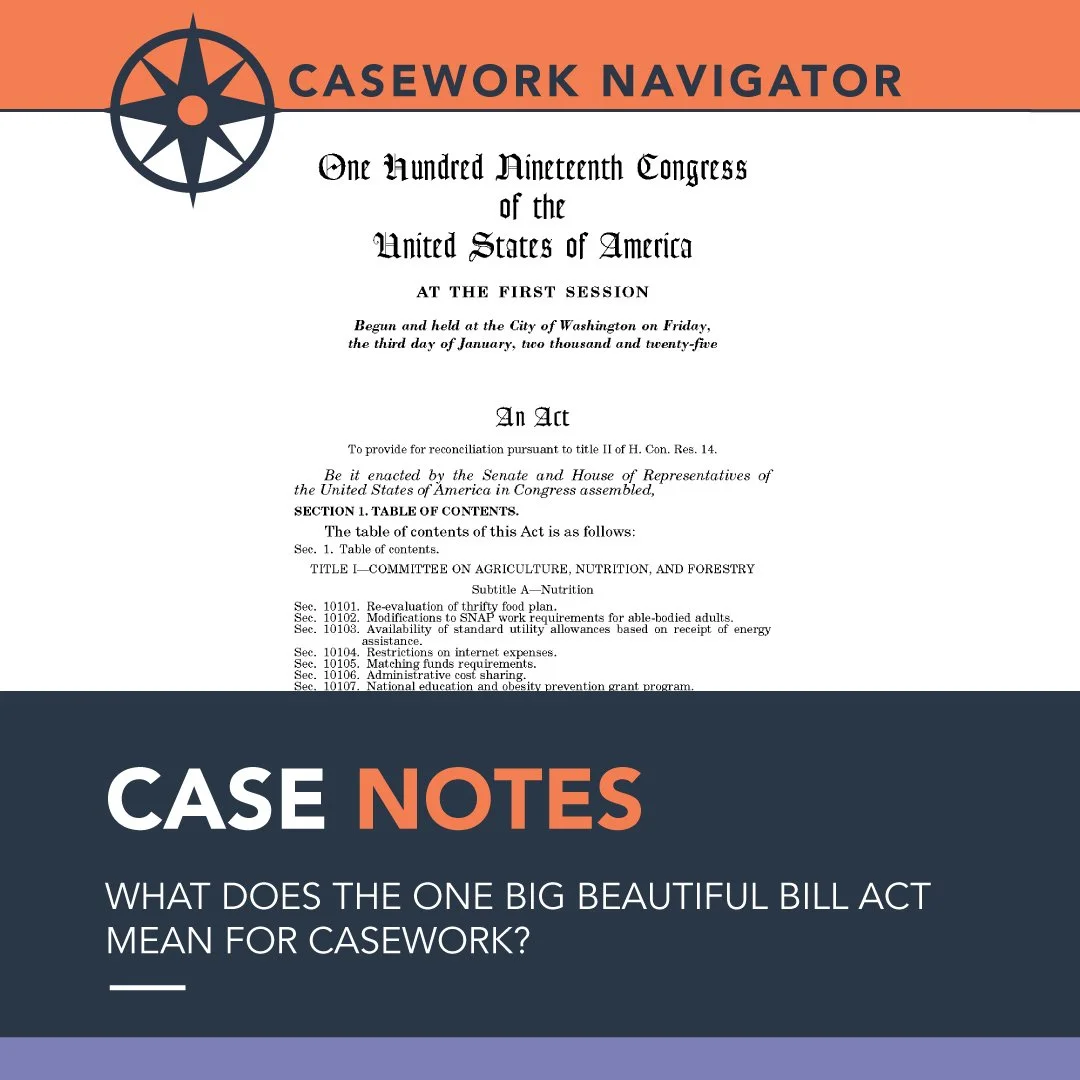
What does the One Big Beautiful Bill Act mean for casework?
Buried in headlines about the One Big Beautiful Bill Act? You’re not alone. The latest Casework Navigator cuts through the noise to break down what actually matters for casework.
